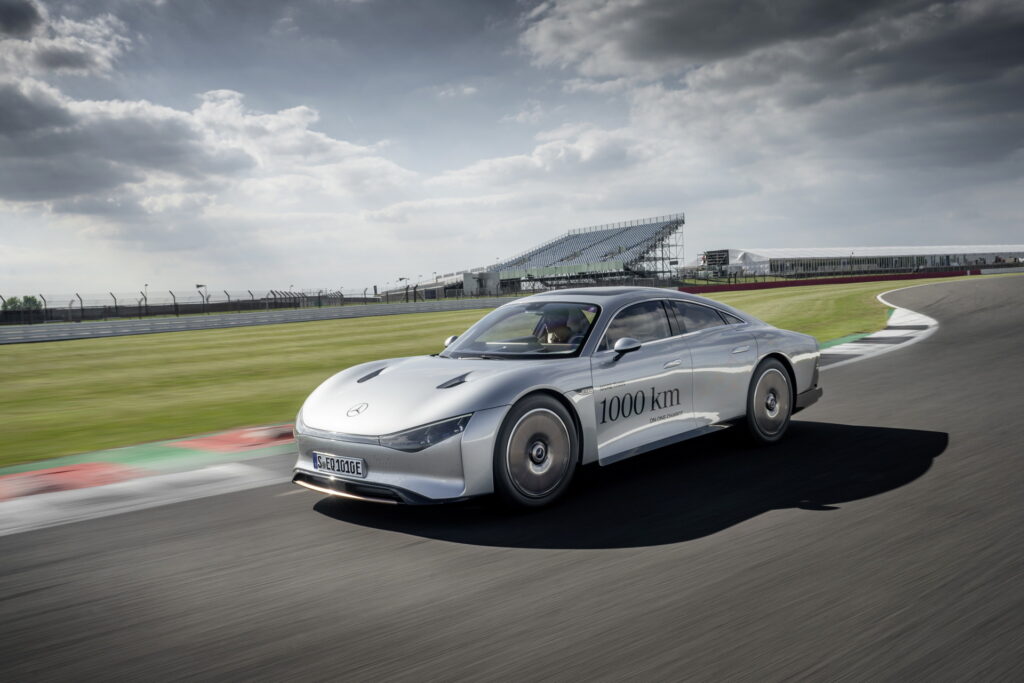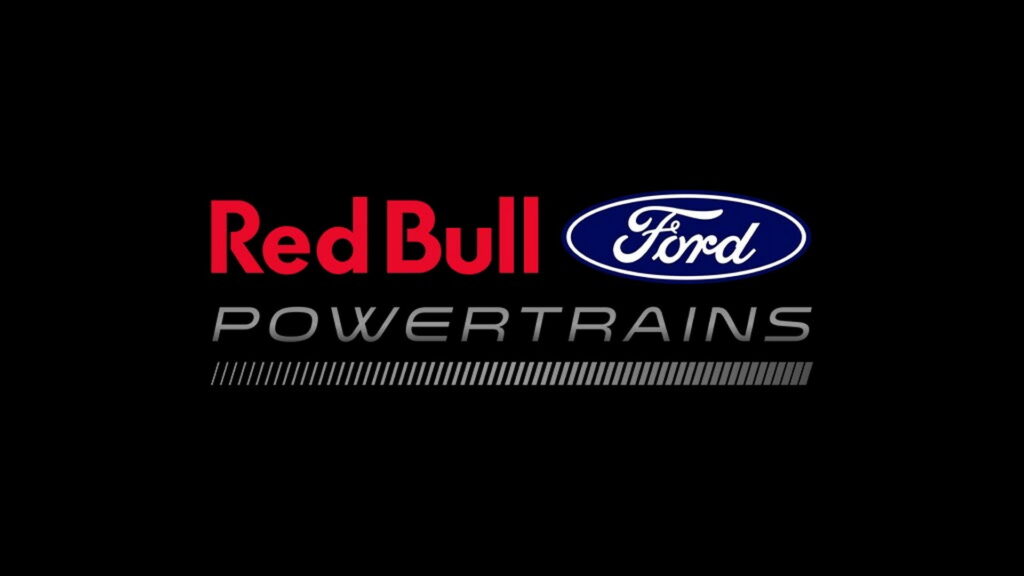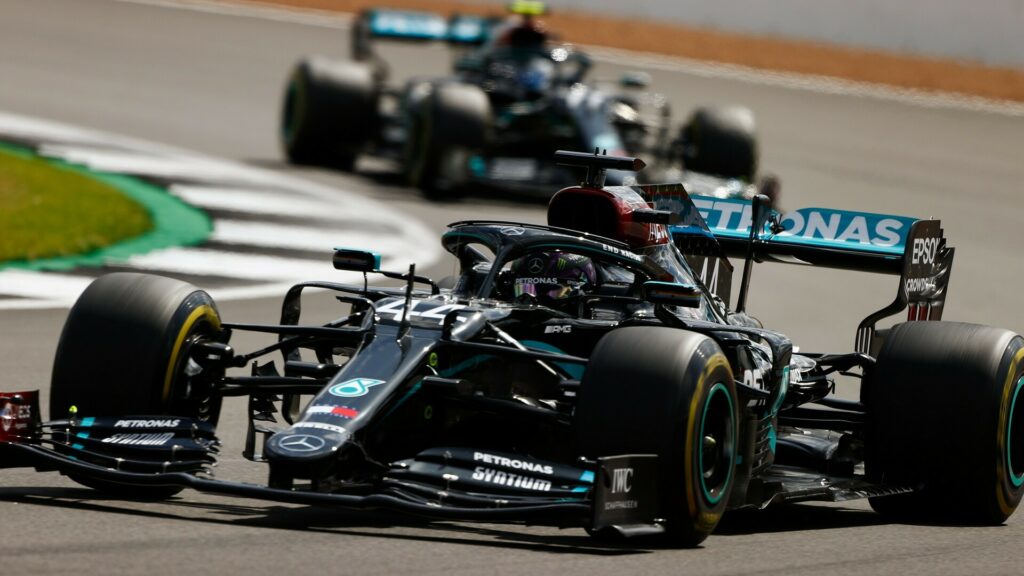As the automotive industry transitions toward electrification, efficiency is the foundation every brand builds on. For Mercedes, improving efficiency in its future EV products is made easier thanks to a collaboration with its Formula 1 team. It’s an advantage that competitors like Tesla and Volkswagen simply can’t match.
Mercedes AMG High Performance Powertrains (HPP) advanced technology director Adam Allsopp told Reuters that he remembers where he was when the call came in. It was August of 2020 and he was standing in a former cowshed on the Isle of Wight. That challenge was to build an EV capable of driving 1,000 km (621 miles) on a single charge. The result of which would be the EQXX concept.
Why tap an F1 team for such a job? Unlike the teams that work solely on mainstream automobiles, F1 teams go to the extreme when it comes to efficiency. They don’t get the same long timelines to come up with solutions that mainstream development teams do.
Read: What Is The Innovative Mercedes-Benz Vision EQXX Like To Drive?

According to Markus Schaefer, Mercedes’s Chief Technology Officer, applying what it’s learned from the F1 team has cut new vehicle development, the time from conception to mass production, from an average of 58 months to “the low 40s.” That’s not the only benefit though.
F1 teams also have to eek out every possible bit of efficiency that they can from the mechanical bits of their car. That includes chasing down every lost watt whether it be due to mechanical inefficiency in a component or poor aerodynamics. It’s that expertise that made a car like the EQXX, which ultimately ended up going more than 1,200 km (745 miles) on a single charge, possible.
“We have an edge here with Formula One that others don’t have,” Schaefer said. “Tesla doesn’t have it. Other teams don’t have it.” That sentiment is true of most rivals that Mercedes might face in the battle to sell more EVs.
Still, brands like Ford are hoping to improve overall efficiency even if they don’t have plans to rival Mercedes in terms of luxury car sales. The blue oval brand will return to F1 racing in 2026 in what CEO Jim Farley called “an incredibly cost-effective platform to innovate, share ideas and technologies.”





